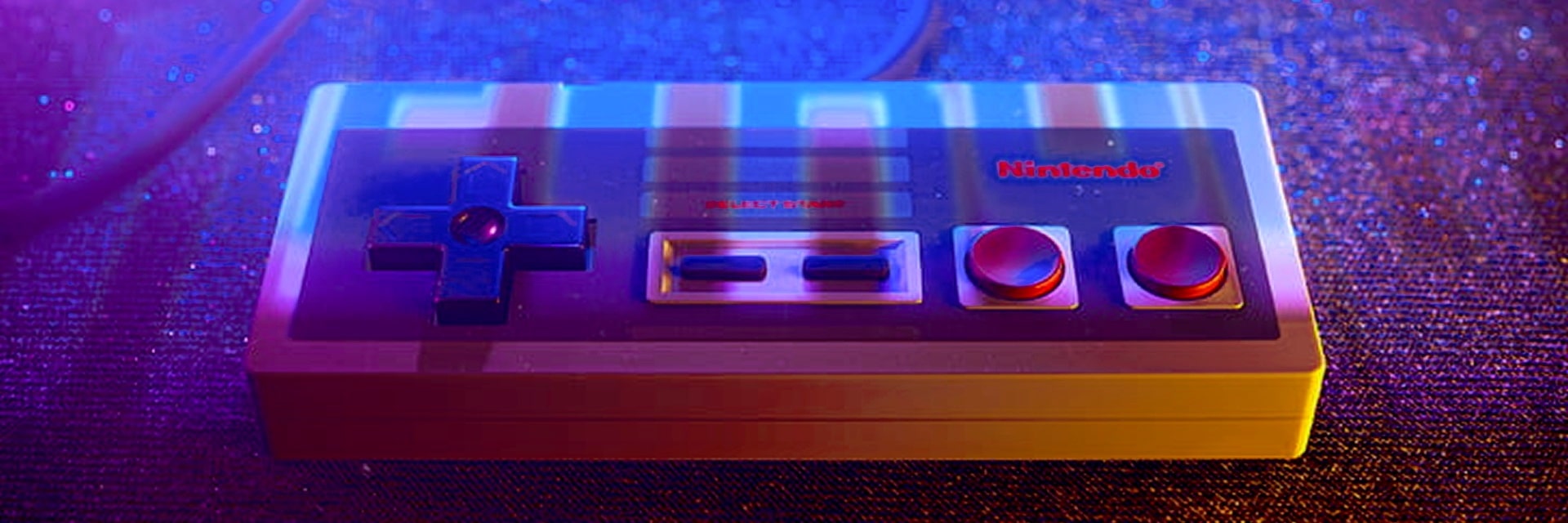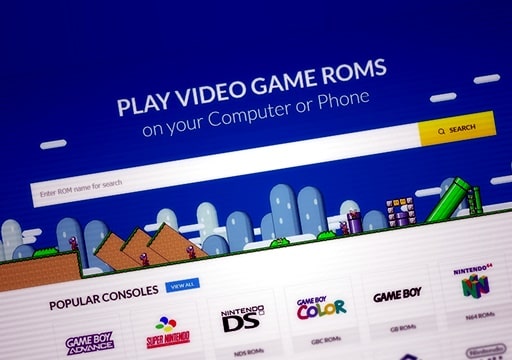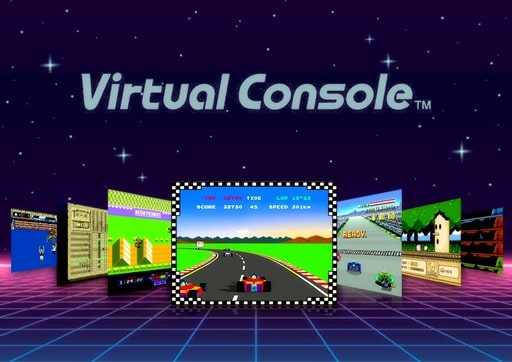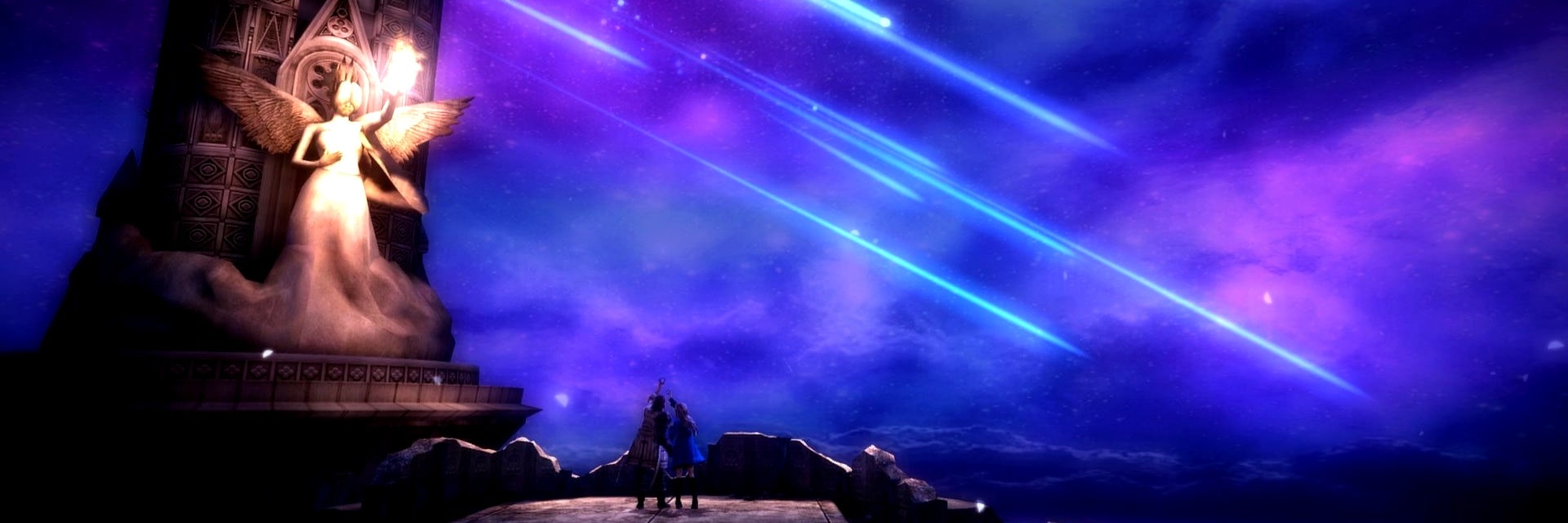Gamer Lounge
Where Gaming Dreams Come True!

"Emulator revives your favorite classics."
Navigating Legal Issues: Video Game Emulators and ROMs
10 May, 2024 Jacob Horton
Well, the use of video game emulators (EMUs) and ROMs, has been causing a right ruckus, in the gaming community for yonks. Some reckon emulators, are top-notch for keeping old-school games alive and playable on new gears, while others reckon they're nothing but copyright dodgers.
Unlike game emulators, ROMs are digitally dumped copies of game cartridges or discs (ISO images), and arcade PCB boards, that can be played on emulators or physical gaming consoles, using specific cartridges, software or legit apps, such as "Arcade Archives" for the newer Xbox and PlayStation systems, "Classic Games" for Switch, as well as the discontinued Nintendo's "Virtual Console" service, on Wii and 3DS consoles.
One big legal bother, with game EMUs and ROMs, are the breach of copyright law. Making your own emulator for personal use is fine and dandy, but sharing or downloading emulators with copyrighted game code (e.g. BIOS or firmware), as well as copyrighted game ROMs and digital copies, is a big NO-NO.
This has sparked loads of legal scraps over the years, with top names like Nintendo and Sony taking legal action, against emulator makers and well-known sources for downloading ROM files, as well as unprotected digital games.

Just recently, Nintendo took Tropic Haze to court, in early March 2024 for their dodgy emulator, Yuzu, which was nicking off Nintendo's hardware. Tropic Haze had to shell out $2.4 USD million (approx £1.8 UK million), and give up on their emulator projects.
Nintendo also won a legal ding-dong in 2018, against LoveROMs and LoveRETRO for hosting copyrighted game files, causing the websites to shut down and pay a hefty fine, in damages.
But, a big BUT; not all legal dust-ups over game emulators, have ended in victory for the game bigwigs. In 1992, Lewis Galoob Toys company, squared up to Nintendo in court and came out on top.
Later on, the court ruled that their Game Genie gizmo (game cheat cartridges line), which let you tweak games for personal use, was A-OK and didn't break any copyright laws.
Instead, Sega, on the flip side, gave full backing to the Game Genie, complete with their official seal of approval. This set a precedent, for modding games legally. Source Wikipedia

However, even coding up some sick homebrew games, inspired by our favorite classics, playable on retro gaming consoles and modern-day game systems, through retro EMUs, won't get us in trouble with copyright laws (as long as we steer clear, of using any copyrighted material).
Every cloud has a silver lining, as the homebrew community, has a ton of love for old Atari systems, spawning some truly legendary games. Many homebrew developers for the Atari systems, have created impressive projects such as "Halo 2600", which brings the popular Xbox franchise to the retro console, and "Lady Bug" a port of the arcade game of the same name.
To sum up, the legality of game EMUs and ROMs, are a right head-scratcher that's still causing a stir in courts all over. While some companies have successfully thrown spanners, in the works of emulator projects, others have wound up in legal hot water. At the end of the day, using emulators boils down to taking responsibility and respecting copyright laws, innit?
Of course, at the end of the day; it's all about playing by the rules, and maybe having a cheeky little game or two, as well. Cheers, bruv!

"Emulation is legal, ROMs download isn't."